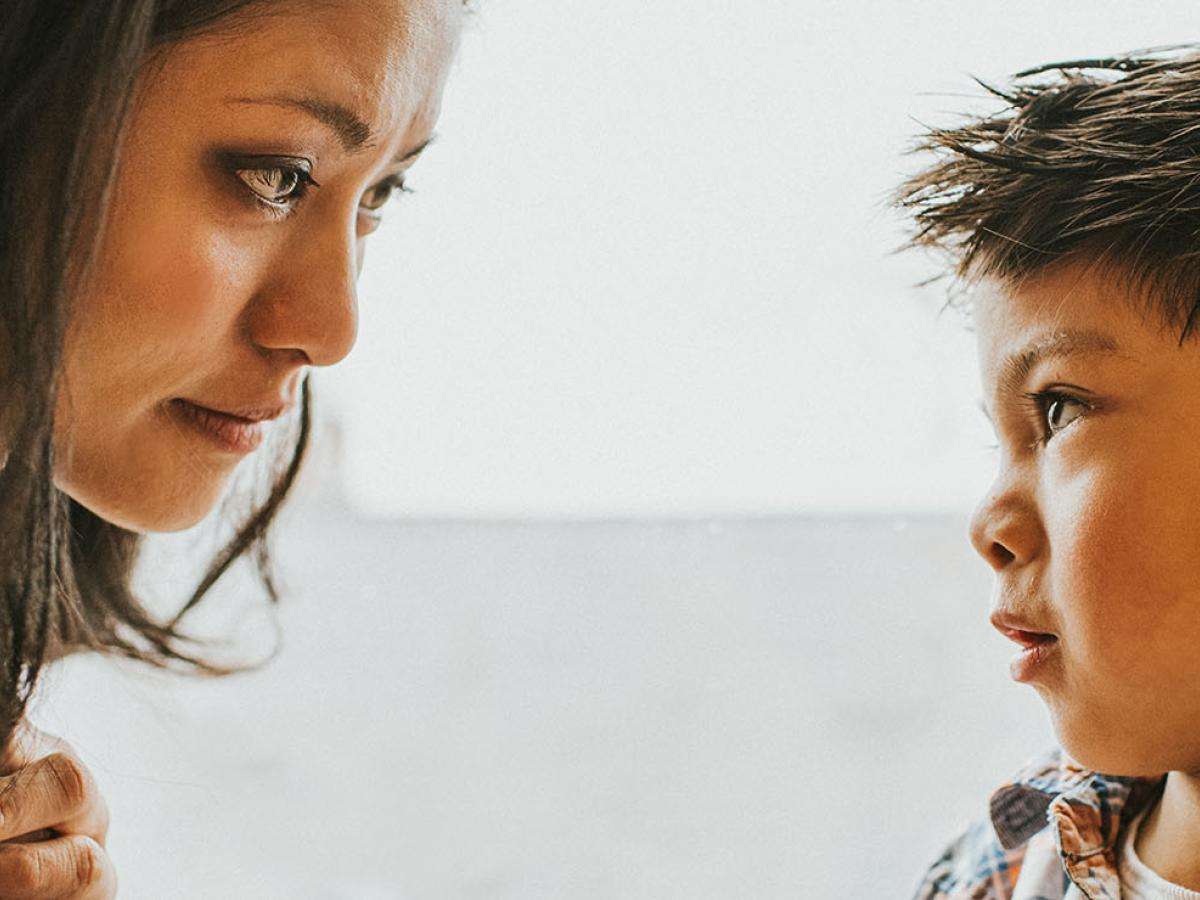Introduction
How to talk to children about war is a concern that many parents and caregivers face in today’s hyperconnected world. With children constantly exposed to news about wars and global conflicts—through television, social media, and conversations—they often absorb distressing information they may not fully understand. As caregivers, it’s crucial to create a supportive environment where children feel safe to ask questions and share their feelings. This guide outlines seven powerful ways to talk to children about war, helping them manage their emotions and make sense of the world around them.

If you need professional support, consulting the best psychiatrist in Delhi can provide valuable insights and personalized strategies for Mental Health. Consider Visiting:
1. Initiate Open Conversations About War
Children may not always know how to start a conversation about topics as serious as war. Begin by asking gentle, open-ended questions like, “What have you heard about the war?” or “How does that make you feel?” Listening with empathy helps children feel heard and supported. According to the University of Colorado Boulder, starting conversations early allows children to express themselves openly and builds trust with caregivers.
2. How to Talk to Children About War Using Age-Appropriate Language
When discussing war, tailor your explanations based on your child’s age and maturity. Young children need simple, calm language like, “Sometimes countries don’t get along, but many people are working to fix that.” Older children may seek more details—offer honest but gentle answers. UNICEF emphasizes the importance of age-appropriate dialogue to reduce anxiety while fostering understanding.
3. Validate Their Feelings and Emotions
If your child expresses fear, sadness, or confusion, respond with compassion. Say things like, “I understand this is upsetting,” or “It’s okay to feel scared.” Validating emotions helps children feel seen and supported. Save the Children highlights that acknowledging a child’s emotions reduces their distress and builds emotional resilience.
4. Limit Exposure to Distressing War Content
Constant exposure to violent news can increase anxiety and fear. Avoid watching graphic news in front of children and set limits on their media use. Discuss any upsetting information they come across to provide clarity and reassurance. Helsenorge recommends shielding children from overwhelming content and offering context when needed.

5. Reassure Them of Their Safety
Children need to know they are safe, especially when they hear about conflict in the world. Reassure them that many people—including leaders, humanitarian workers, and peacekeepers—are working to restore peace. According to UNICEF, focusing on these positive efforts can comfort children and reduce their fears about war.
6. Encourage Compassion and Empathy for Others Affected by War
Use the topic of war to teach empathy and kindness. Talk about how families, especially children, in conflict zones might be feeling. Encourage your child to think of ways to help—such as donating toys, writing supportive messages, or participating in community aid efforts. UNICEF suggests that teaching compassion empowers children and builds global awareness.
7. Maintain Routine and Create a Sense of Normalcy
Daily routines provide structure and security. Keep up with regular meals, bedtime, playtime, and school routines. A predictable schedule offers emotional stability during uncertain times. Save the Children notes that routine helps ground children and supports their mental health when external events feel unpredictable.
The Role of a Psychiatrist in Helping Children Cope With War Anxiety
If your child experiences ongoing anxiety, nightmares, withdrawal, or behavioral changes due to war-related stress, consider consulting a child psychiatrist. Psychiatrists can assess emotional and psychological impact, provide therapeutic support, and, if necessary, recommend interventions. At clinics like Delhi Mind Clinic, mental health professionals work with children and families to build coping skills and promote emotional well-being in times of crisis. Seeking help is a strong and proactive step in supporting your child’s mental health.

Conclusion
Knowing how to talk to children about war means being present, compassionate, and honest. By starting open conversations, using age-appropriate language, validating their feelings, limiting exposure to distressing content, reassuring their safety, promoting empathy, and maintaining routine, you empower your child to process difficult emotions and develop resilience.
Additional Resources for Parents and Caregivers

